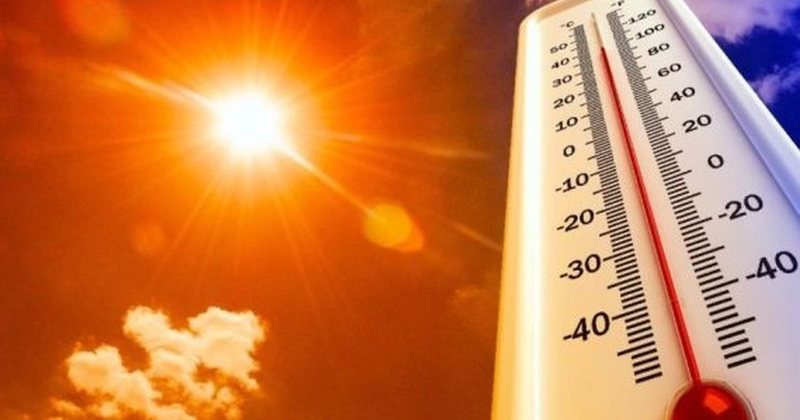
How are fires affected by climate change? Europe, the most at risk


Wildfires have swept across the Mediterranean this month, forcing thousands of people in Spain's Catalonia region into lockdown and threatening France's second-largest city, Marseille. Since the start of the year, the blazes have burned 227,000 hectares of land, more than double the average for this period over the past two decades, according to the European Forest Fire Information System.
While this number is well above average, it is not the highest in the history of the System, which has been keeping records since 2002. The worst fire seasons in Europe were in 2003 and 2017, when flames burned more than 1,100,000 hectares in each year, an area the size of the island of Jamaica. It is not yet clear whether 2025 will be a record year, as this will depend on events in the coming months.
The number of wildfires in Europe has risen sharply this year, with 1,118 recorded as of July 8, compared with 716 in the same period last year. Heat waves that hit Europe earlier this month have fueled blazes across the Mediterranean, including in Syria, where fires have destroyed more than 3% of the country's forest area, according to the United Nations. On the Greek islands of Evia and Crete, blazes this month forced thousands of people to evacuate their homes.
Although Europe has seen a surge in wildfires this year, scientists say the blazes in the Mediterranean region, while devastating, have been relatively isolated so far. But they say increasingly hot and dry summers in the Mediterranean are putting the region at high risk of wildfires. Climate change is exacerbating this risk by creating drier and hotter conditions. In areas around the Mediterranean, these changes are causing fires to start earlier and be more severe.
Greenhouse gas emissions, mainly from the burning of coal, oil and gas, have warmed the planet by about 1.3°C since pre-industrial times. According to the World Meteorological Organization, Europe has warmed twice as much as the global average. For August, forecasts show above-average temperatures across much of the continent, increasing the risk of fires, especially in the south and east of the continent.
Governments are struggling to adapt to the new reality. Greece has mobilized 18,000 firefighters and improved tactics to detect fires. The UN has called on countries to invest more in preventive measures, not just in responding to fires once they break out.

The Ukraine summit that ignored the tough questions
ideas
top
Alfa recipes
TRENDING 
services
- POLICE129
- STREET POLICE126
- AMBULANCE112
- FIREFIGHTER128



























